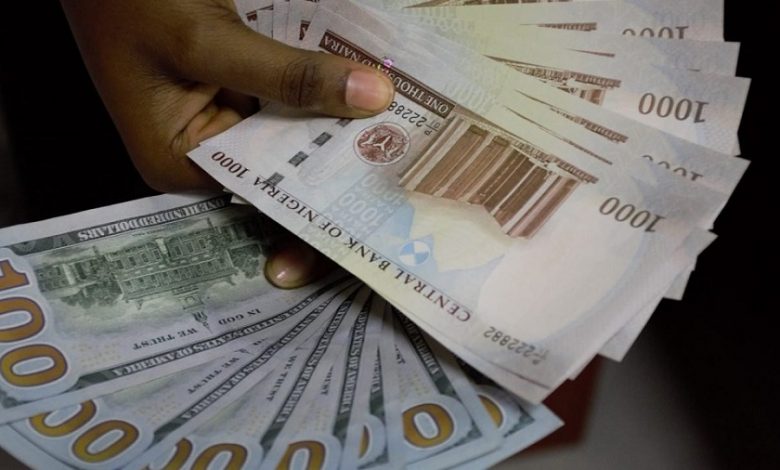How to exchange Naira for dollar and save in dollars

The Nigerian naira is undergoing a turbulent time and has been steadily losing value against the US dollar in recent years. Naira has fallen by over N190/$1 year to date from an average of N565/$1 recorded as of 31st December 2021, currently trading as high as N780/$1 and still rising.
Furthermore, 10 million Nigerian naira in 2015 was about $55,600, which was quite impressive for an average Nigerian. That same amount left in a bank to accrue compound interest at the prevailing rate of 1.5% will be worth about 11,098,449 naira today. This might sound good except that 11 million naira is only worth about $15,400 because the naira has been steadily losing value against the dollar. The reality is that the naira is not a good store of value for anyone that wants to build long-term wealth by saving.
To understand why the naira is constantly losing value, it is important to understand how the value of a currency is maintained. The value of modern fiat currencies is determined by two main factors – demand and supply, and the trust people have in the government issuing the fiat currency.
A currency will be strong if there is plenty of demand for it, exporting high-value products, reducing imports to the barest minimum and attracting wealthy tourists, all these creates demand for a currency which keeps the value stable and strong. Nigeria as a country did not have any of these, instead the country produces almost nothing and imports virtually everything, that is leading to massive lose of value for the naira.
The other factor that keeps a currency stable is the trust in the government that issues it. The US dollar is strong because people trust the American government to always protect their economy, they trust the government’s economic and monetary policies. In Nigeria, people blame the CBN governor and the federal government for all the country’s economic woes. And for good reasons, policies like stopping the sale of forex to bureau de change operators, and closing the border without proper alternatives have hurt the economy in recent years. Most investors and high-net-worth individuals look at such poor policies and move their capital outside the country which further hurts the value of the naira.
How to save in dollars in Nigeria
The best way to hedge against the naira devaluation is to save your money in dollars. Here’s how to go about it.
Open a domiciliary account: a domiciliary account is a bank account that allows you to save and make transactions in currencies other than your local fiat currency. All the commercial banks in Nigeria offer a domiciliary account service, though the requirements can vary based on the bank you’re using. Once you have your domiciliary account, you can easily start saving by exchanging your naira for dollars from bureau de change merchants available in every major city in Nigeria. Nigeria has two exchange rates, the official rate from the CBN and the peer-to-peer rate available on the street, it is unlikely that you will get dollars at the CBN rate so the street merchants are the easiest way to exchange dollars.
Online apps: Online fintech apps like Bamboo allows you to directly deposit naira and make dollar-denominated investments. Risevest allows you to invest in assets including US real estate, stocks, and Eurobonds, these investments have consistently returned up to 12% ROI per annum.
Piggyvest: If you don’t have the appetite for the risks that come with investments, Piggyvest allows you to save in dollars and earn up to 7% interest on your savings. Instead of just leaving your money in the bank, you can also earn some returns on it. To use piggyvest, you deposit your dollars into the app instead of depositing them in your domiciliary account.
The level of inflation affecting the naira calls for new ways of managing one’s finances. Investing is not enough, to secure your financial future, you have to hedge against the country’s falling currency.

Your blog is a wonderful resource for anyone looking for helpful information. Keep up the good work.